Back to School: Not just for Kids
Are distance learning qualifications worthy of your time and recognised by UK universities and employers? What can you do to...
These are some of our most popular online courses, not least because the healthcare industry is the largest single sector in the UK, and requires a constant stream of trained and qualified new people. The healthcare industry is hiring every day, and an online course is a great way to get either your initial healthcare qualification, or to increase your level of training as you work so that you can qualify for a higher position.
Read more
Showing 1–10 of 77 resultsSorted by popularity
£35.10/month
over 10 months and £39.00 deposit
£36.00/month
over 10 months and £40.00 deposit
£36.00/month
over 10 months and £40.00 deposit
£58.95/month
over 10 months and £65.50 deposit

or browse categories
Back to School: Not just for Kids
Are distance learning qualifications worthy of your time and recognised by UK universities and employers? What can you do to...


